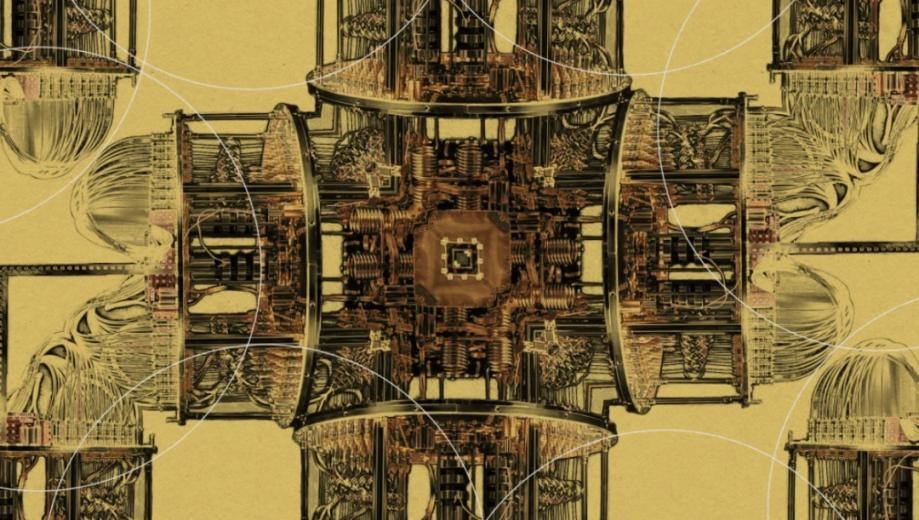On the track of quantum computing, every technological breakthrough can trigger an earthquake in the industry. Recently, IBM and Japan's National Institute of Advanced Industrial Science and Technology (AIST) announced a joint venture to build a 10,000-qubit super quantum computer, a feat that heralds a revolutionary leap forward in the field of quantum computing.
The exponential growth of qubits
The most advanced quantum computers available, such as IBM's, have only 133 qubits. And IBM's goal with AIST is to build a 10,000-qubit super quantum computer, which would be an exponential increase of 75 times. Qubits are the basic unit of quantum computers, and the increase in their number will directly increase computing power, allowing quantum computers to handle more complex algorithms and problems.

Pictured: IBM and AIST join forces to build a 10,000-qubit supercomputer
Revolutionary applications of quantum computers
Quantum computers have great potential for applications in several fields. In the field of drug discovery, quantum computers can simulate molecular structures and accelerate the development of new drugs. In terms of logistics optimization, quantum algorithms can provide more efficient solutions for the distribution of goods. In addition, quantum computers will also play an important role in areas such as financial analysis, code breaking, weather forecasting, and more.
The far-reaching significance of cooperation
The collaboration between IBM and AIST is expected to result in the signing of a memorandum of understanding and the announcement of this important transaction in the coming days. This will be the first time that IBM has cooperated with a foreign research institution in the field of quantum computing on such a large scale, demonstrating IBM's determination to promote the development of quantum computing on a global scale.
Technical challenges and the road to commercialization
The newly developed quantum computer is expected to be operational in 2029. To achieve this, the partners will jointly develop the semiconductors and superconducting integrated circuits needed to be able to operate stably at extremely low temperatures close to absolute zero. In addition, AIST plans to introduce a Japanese parts manufacturer to achieve mass production.
IBM expects to start selling quantum computers with 1,000 qubits in 2025 and plans to convince Japanese companies to adopt the technology. However, existing 133-qubit quantum computers still have errors in research and often require the assistance of supercomputers. Scientists believe that for quantum computers to be commercialized, hardware needs to be at least 20,000 to 30,000 qubits.
The future of quantum computing
The development of quantum computers will go through three stages: the first is to achieve quantum superiority, that is, to surpass traditional computers in computing power on specific problems; The second is to develop quantum simulators to solve problems of great practical value; Finally, the development of a programmable universal quantum computer. IBM's partnership with AIST will facilitate the transition from Phase 1 to Phase 2 of quantum computers.
summary
The cooperation between IBM and AIST is an important attempt in the field of quantum computing, which is expected to promote the development and application of quantum computer technology. Despite the technical challenges and commercialization challenges, with the continuous progress of science and technology and the deepening of international cooperation, the future of quantum computers is full of infinite possibilities. We hope that this cooperation will bring new breakthroughs to the development of global science and technology, and provide new tools and ideas for solving the complex problems facing mankind.






